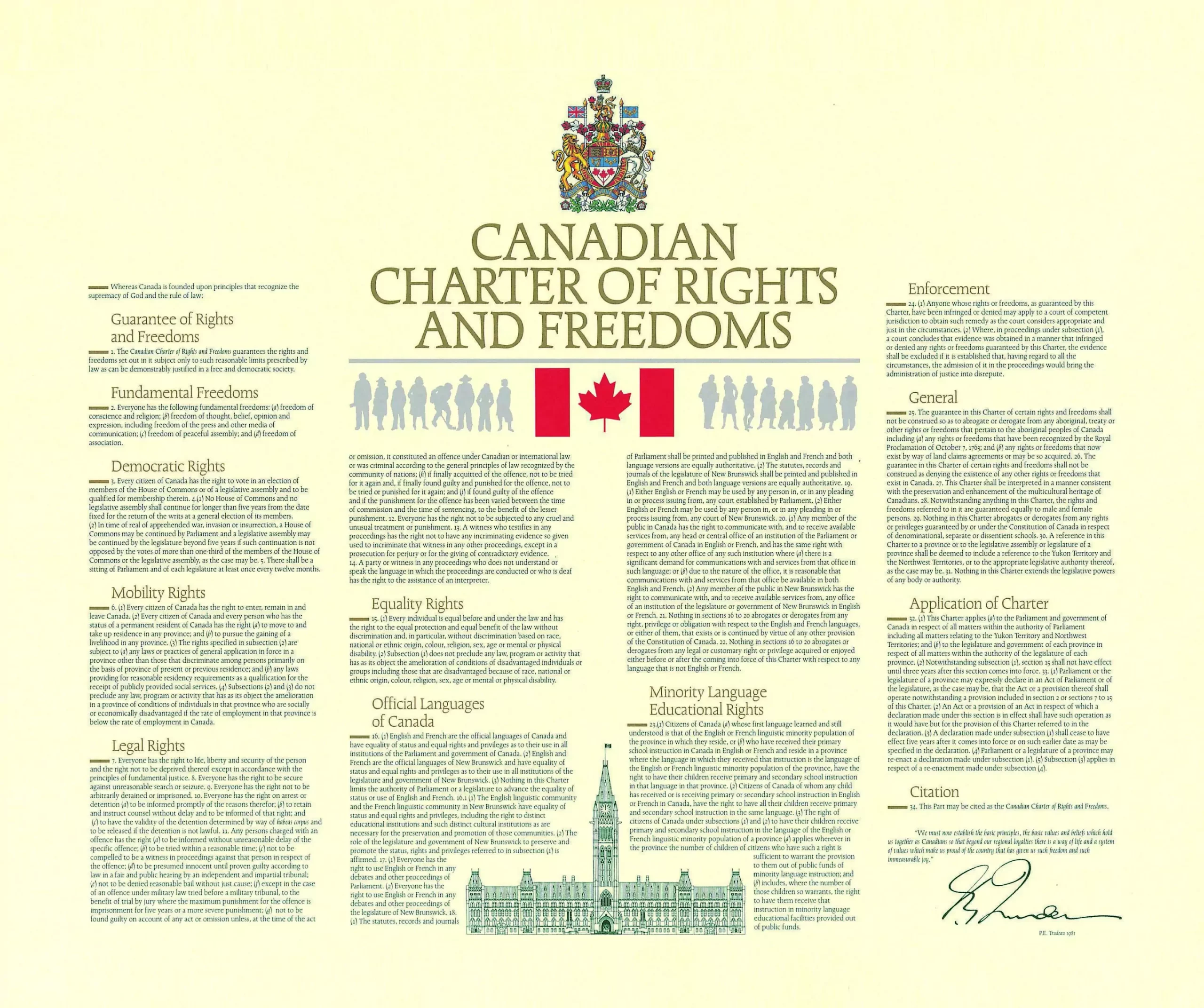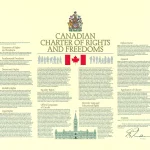Demystifying Sec 2(a) of the Charter of Rights and Freedoms
The Canadian Charter of Rights and Freedoms, often referred to simply as the Charter, is a cornerstone of Canadian constitutional law. It enshrines the fundamental rights and freedoms of all Canadians. One of the key provisions of the Charter is Section 2(a), which guarantees freedom of conscience and religion. In this blog post, we will break down Section 2(a) and explore its implications for Canadians.
Section 2(a): Freedom of Conscience and Religion
Section 2(a) of the Charter reads as follows:
"2. Everyone has the following fundamental freedoms: (a) freedom of conscience and religion."
1. Freedom of Conscience
Freedom of conscience, as protected by Section 2(a), is a profound and essential right. It encompasses the right to hold and nurture one's deeply held beliefs, values, and moral convictions. This means that individuals have the autonomy to make decisions based on their own inner convictions and ethical principles, free from coercion or external pressure.
2. Freedom of Religion
The second aspect of Section 2(a) guarantees freedom of religion. This right is twofold:
- Freedom of Belief: Canadians have the right to believe in, practice, or not practice any religion of their choice. This includes both mainstream religions and personal spiritual beliefs.
- Freedom of Religious Practice: In addition to the freedom of belief, Section 2(a) protects the right to manifest one's religion through worship, observance, rituals, and customs. This encompasses religious practices that are central to an individual's faith.
Key Principles and Implications
- Protection from Discrimination: Section 2(a) ensures that individuals cannot be discriminated against or disadvantaged based on their religious beliefs or lack thereof. Employers, educational institutions, and public services must accommodate religious practices and beliefs to the extent possible without undue hardship.
- Freedom of Expression: Freedom of religion often overlaps with freedom of expression. Section 2(a) ensures that individuals have the right to express their religious beliefs publicly, through prayer, clothing, symbols, or other forms of expression, so long as it does not incite hatred or violence.
- Limitations: While Section 2(a) protects religious freedom, it is not absolute. In certain circumstances, the government may limit this right if it can demonstrate that such limitations are justified in a free and democratic society, as per Section 1 of the Charter. These limitations must be reasonable and proportionate to the objective they seek to achieve.
- Balancing of Rights: Section 2(a) often intersects with other Charter rights, such as freedom of expression and equality rights. Courts are tasked with balancing these rights when conflicts arise, ensuring that religious freedoms are protected without infringing on the rights of others.
Section 2(a) of the Canadian Charter of Rights and Freedoms is a vital safeguard for individual freedom of conscience and religion. It ensures that Canadians have the autonomy to hold and practice their beliefs, whether religious or secular, without fear of discrimination or persecution. This provision not only reflects Canada's commitment to diversity and inclusivity but also serves as a cornerstone of individual liberty within the country's legal framework.

